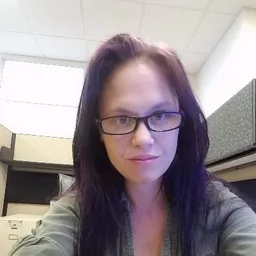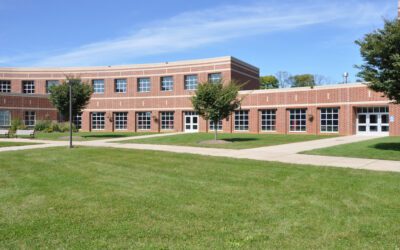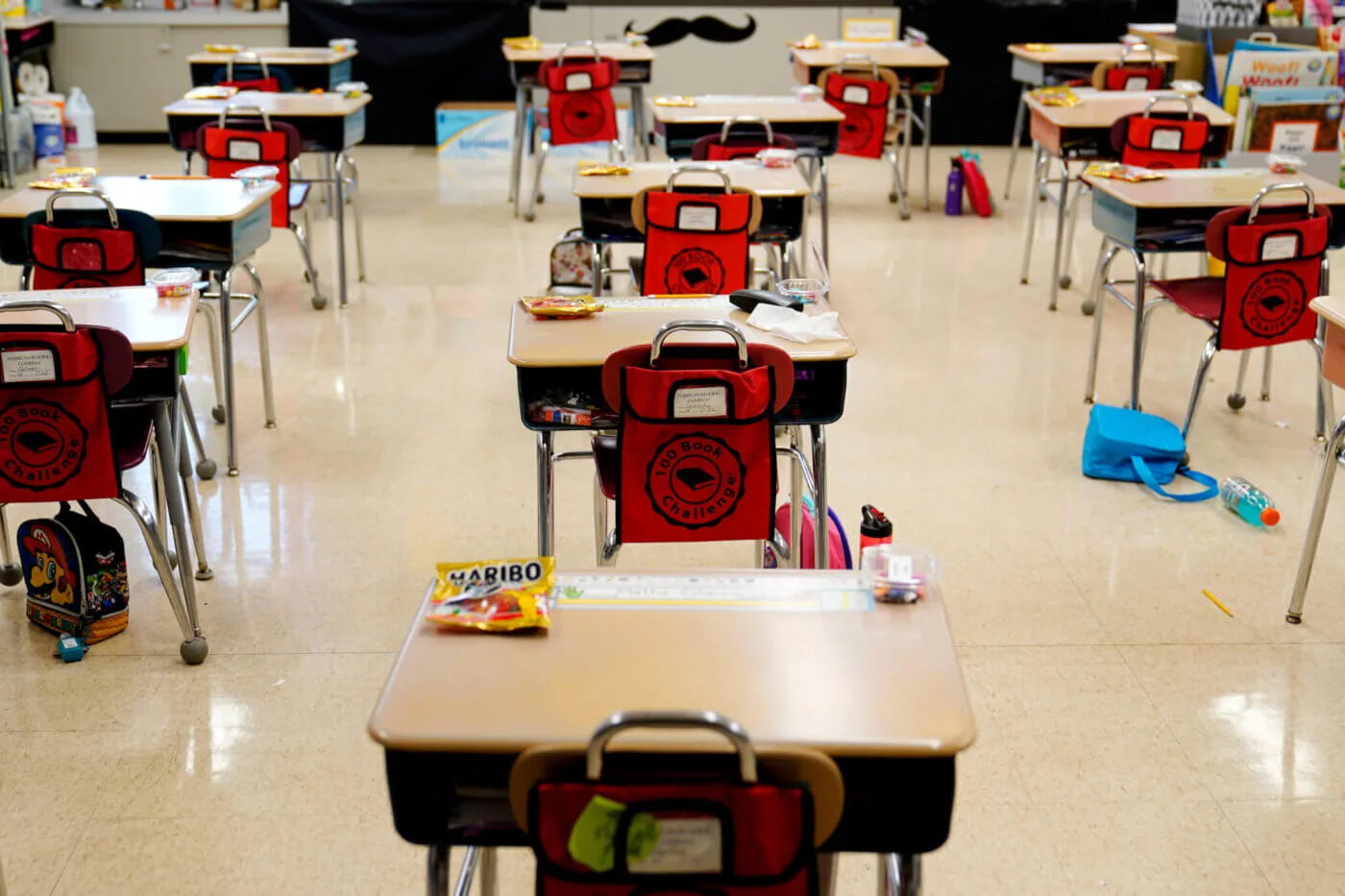
Desks are arranged in a classroom at Panther Valley Elementary School, Thursday, March 11, 2021, in Nesquehoning, Pa. (AP Photo/Matt Slocum)
The school curriculum is decided at both the state and local level, yet some think more needs to be done to teach Pennsylvania students basic life skills.
Growing up, Sherry Olmstead was taught how to handle finances and save money from her parents. The 73-year old Poconos resident said parents just don’t have the time to do that nowadays.
This, she said, is where the local schools need to step in.
“Essentially we are not teaching our children how to deal with finances,” Olmstead said. “You give them money and they spend it. They don’t know how to save it. Parents are so busy working one, sometimes two jobs that they don’t have time to teach them or show them. Our schools need to teach that skill to our children.”
Elizabeth Dillman agrees, and even goes a step further.
“I think Pennsylvania kids need to be taught life skills,” the Paoli resident said. “This includes identifying yourself when you make a phone call to someone, learning how to borrow money and the meaning of interest; cooking a decent meal from scratch, doing laundry, etc. I get that parents need to role model these actions, but so many parents have to work two jobs to make ends meet that they don’t spend much time with their kids. School should be year round in order to teach more.”
In addition to finances, Olmstead also thinks schools should bring back driver’s education and home economics classes.
“That should all be included in one class,” Olmstead said. “How to manage your household, change a light bulb, basic home repairs. Kids don’t know how to do stuff like that nowadays.”
So why don’t local schools teach these basic life skills? Why aren’t classes on finances, home economics, driver’s education, and more included in the school curriculum?
Simply put, because they aren’t part of the academic standards the Pennsylvania Board of Education adopted and put in the state school code.
According to the PA Department of Education, academic standards are “benchmark measures that define what students should know and be able to do at specified grade levels. These standards are used as the basis for curriculum and instruction in all the state’s public schools.” Academic standards have been adopted by the state in the following areas:
- English language arts
- Mathematics
- Science, environment, and ecology
- Technology and engineering
- Social studies
- Arts and humanities
- Career education and work
- Health, safety, and physical education
- Family and consumer science
Yet, while schools must meet the academic standards in each of the above subject areas, the state school code also allows for schools to incorporate any additional academic standards as they see fit.
So, again, why isn’t your local school teaching basic life skills? That would be a question for the local school board…and, frankly, you.
No matter where you live in Pennsylvania, you’re part of a school district. School districts are units of local government, and there are 500 across the commonwealth, each one run by a school board.
A school board sets the policies and the curriculum for the school district. They decide what the kids growing up around you learn. They’re also the deciding factor on issues like book bans and what material and subject matter students are seeing and learning.
That means even if you don’t have kids, the people on your local school board still impact your community and your life. And every position on a school board is an elected position, meaning you, the voter, have a say in who sits on the board.
School board members are elected in odd-numbered years, which means many such positions were up for election this year in November. Want to run for your school board? Most people can. Here’s a guide.
“God forbid if something would happen and we wouldn’t have all the modern conveniences we have now,” Olmstead said. “How would our children, the next generation of leaders, survive without the basic life skills that aren’t being taught to them?”
Support Our Cause
Thank you for taking the time to read our work. Before you go, we hope you'll consider supporting our values-driven journalism, which has always strived to make clear what's really at stake for Pennsylvanians and our future.
Since day one, our goal here at The Keystone has always been to empower people across the commonwealth with fact-based news and information. We believe that when people are armed with knowledge about what's happening in their local, state, and federal governments—including who is working on their behalf and who is actively trying to block efforts aimed at improving the daily lives of Pennsylvania families—they will be inspired to become civically engaged.

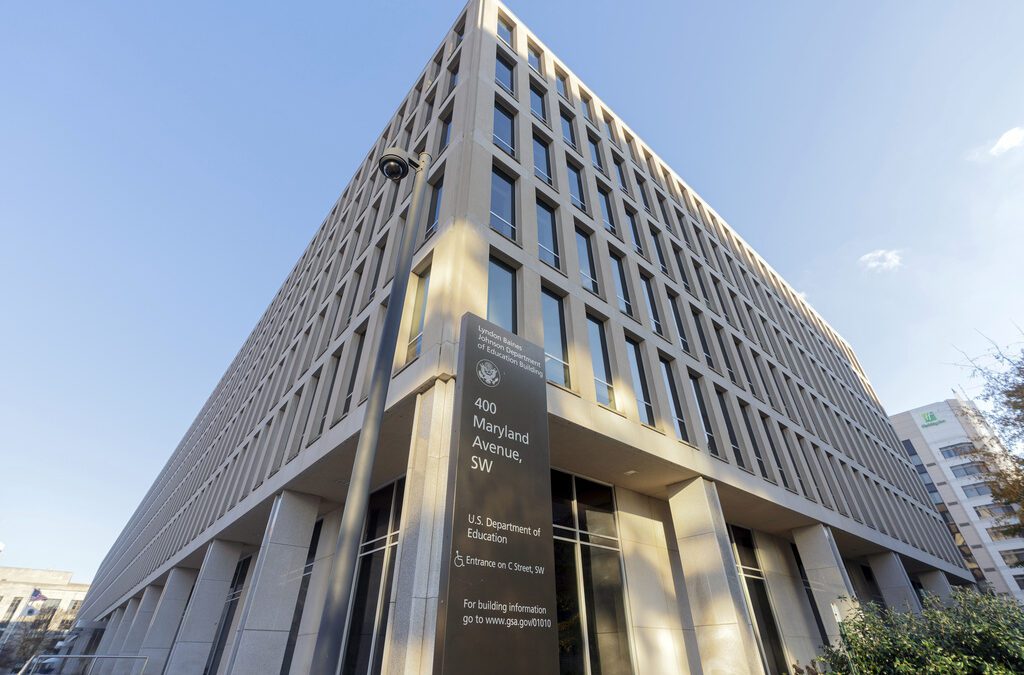
How the government shutdown will affect student loans, FAFSA and the Education Department
Already diminished by cuts by the Trump administration, the U.S. Education Department will see more of its work come to a halt due to the government...

With no end to budget impasse in sight, Pa. school districts and counties warn of program cuts
The 2025-2026 state budget is overdue by three months as partisan gridlock drags on. School districts and county governments face cascading...
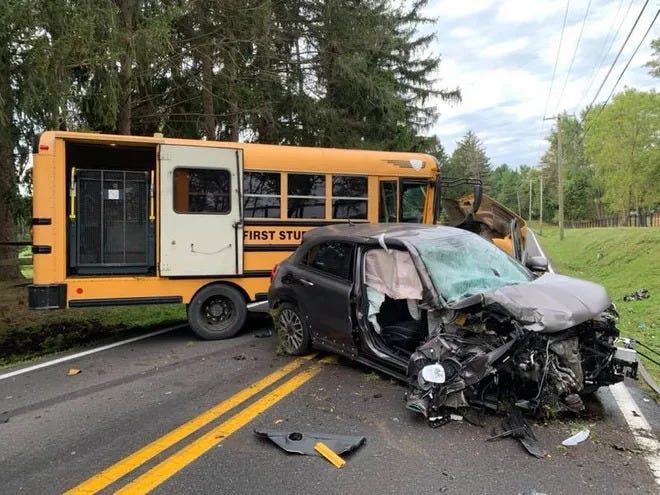
Where school zone speeding, failure to stop for a school bus infractions occur most in PA
More than a quarter of all traffic offenses involving school zones and school buses in Pennsylvania occur in the first two months of the school year...

PA ranks high in spending on back-to-school supplies by parents, teachers
Pennsylvania ranks No. 5 in the nation for spending on back-to-school shopping. And it ranks No. 1 for what teachers spend from their own wallets to...
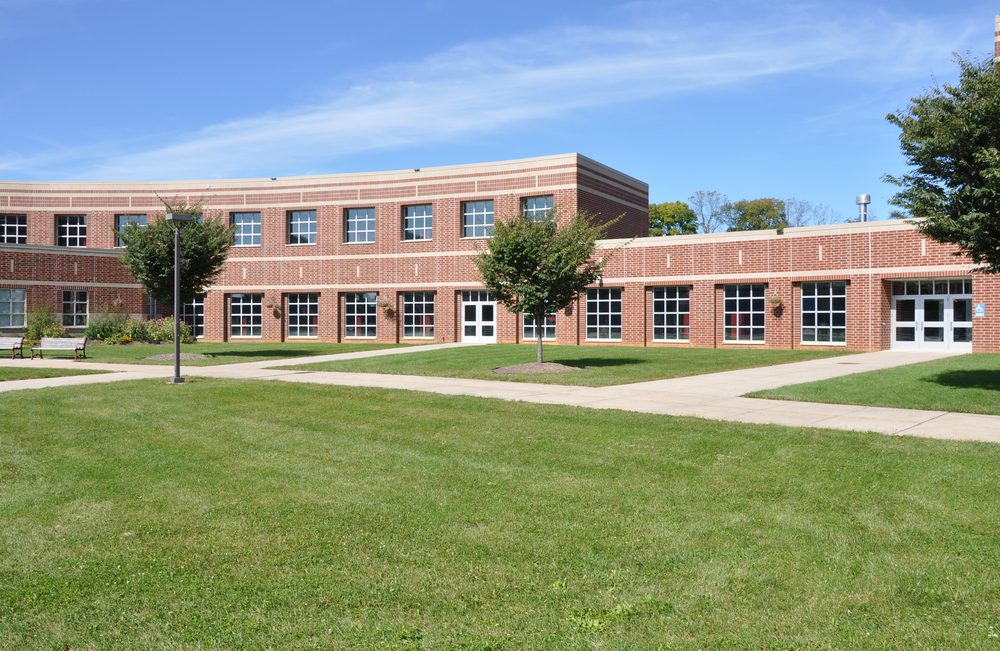
Pa counties, school districts prepare for service cuts if a state budget isn’t delivered soon
For some, the impasse in Harrisburg brings back memories of the 2015 standoff that saw some service providers take out loans they’re still repaying....

